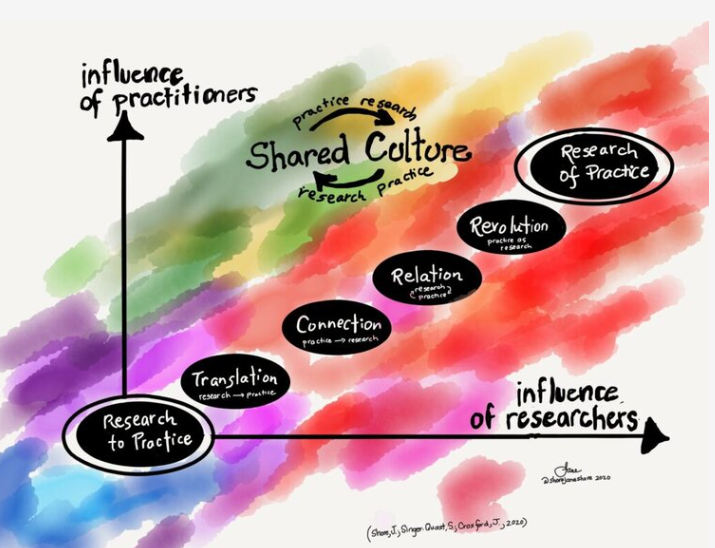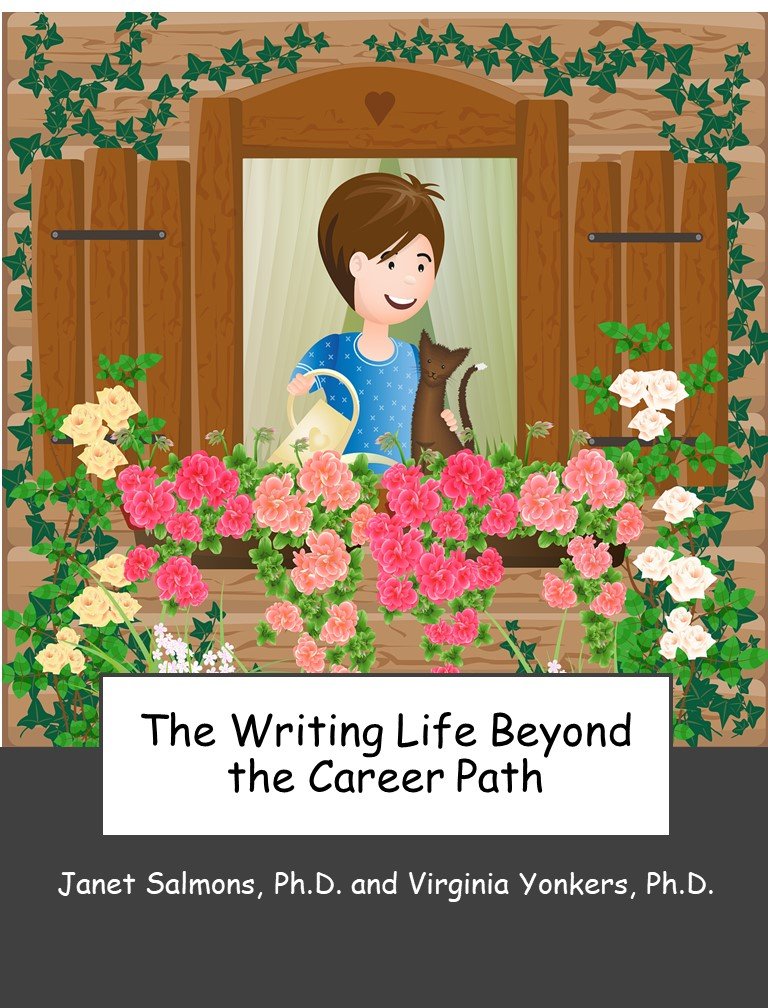Teaching Peacemakers
By Majbritt Lyck-Bowen
Dr. Majbritt Lyck-Bowen is a Senior Lecturer and Programme Leader of the MA in Reconciliation/Reconciliation.
Building Peaceful and Inclusive Communities and Countries
Our distance learning MA programs in Reconciliation/Reconciliation and Peacebuilding aim to enable our students to be effective, compassionate and reflective peacebuilders and reconcilers in a world marred by violence, violent conflict and war. The challenges are immense, but with the right knowledge, skills and attitudes we believe our students can play vital roles in building peaceful and inclusive communities and countries around the world. Since the programs are taught online, we are able to welcome students from all over the world, including those living in active conflict zones, to our virtual learning spaces.
What Knowledge, Skills and Attitudes Are Needed to become Effective, Compassionate and Reflective Peacebuilders and Reconcilers?
Comprehensive knowledge and a wide range of skills and attitudes are needed to become effective, compassionate and reflective peacebuilders and reconcilers. Our programs help students develop a comprehensive and critical understanding of a broad range of concepts, theories and debates relevant to the study and practice of peacebuilding and reconciliation. Students also gain a thorough insight into a wide range of illustrative examples of good practice and case studies from around the world.
We also help students develop a wide range of transferable skills including how to facilitate dialogue-, mediation- and storytelling processes, how to apply theory to practice, how to evaluate and reflect on practice and how to cultivate trust, hope and curiosity in diverse group settings. In addition, we also support our students in developing a range of helpful attitudes including empathy; curiosity and valuing different points of view.
Learning how to assess, apply and conduct research is also an integral part of our MA programs. Our students learn how to think, read and write critically and how to make sound convincing arguments. In addition, our students are introduced to a wide range of qualitative and quantitative research methods and methodologies and different worldviews in social sciences enabling them to make informed choices about how to conduct research and reflect on the many factors that influence the way they carry out their research.
These sessions also focus on decolonizing research enabling our students to challenge the dominant ways knowledge is constructed and the ways research is carried out and to reflect on which voices are included and appreciated and which voices are ignored. Sessions on intercultural awareness and doing research on sensitive issues in complex and volatile contexts also help prepare our students for their future careers in the fields of reconciliation and peacebuilding.
Building a Supportive and Inclusive Learning Community
Our own (all members of staff work for the Winchester Centre of Religion, Reconciliation and Peace, a high impact center dedicated to fostering peace and reconciliation across the world) and others’ research inform not only what we teach but also to a high degree how we teach.
Our learning and teaching approach is inspired by the Community of Inquiry and Universal Design for Learning approaches that both have interactivity, inclusivity and student-led learning as vital components. We address these components in many ways including offering a wide international curriculum that aims to be informative, engaging, thought-provoking and challenging for all our students, ensuring that our online lectures and seminars are very interactive and incorporating a lot of group work into our modules. Our motto is “We are all here to learn together” and we see our diverse and international student body as our greatest asset offering many opportunities for intercultural exchanges of experiences and perspectives from around the world.
Our student-led learning also means that students are offered many opportunities to choose which theories, frameworks, case studies etc. they would like to focus on enabling them to tailor their learning to their interests. Acknowledging that one of the most important challenges of distance learning is building a student community, we put a lot of effort into ensuring that our students get to know each other well. In addition to ice-breaking exercises in the first sessions we also include exercises aiming at helping students get to know each and support group work through the first semester. We have a student-led WhatsApp group and we encourage students to join our MA Facebook and LinkedIn groups where we share information about conferences, jobs, events etc. We also regularly keep the virtual classroom open after the class has ended and encourage students to stay and chat with each other.
The Independent Study: Kickstarting or Advancing Our Students’ Careers
The independent study allows our students to tailor their final project to their career development. The dissertation allows our students to demonstrate their critical thinking, reading, writing and research skills preparing them for a career in academia. Some students base their dissertation on secondary desk-based research whereas others carry out their own primary research projects. Examples of the latter include using questionnaires to assess the degree to which playing football together had changed young people’s perception of their peers from other ethnic groups and the degree to which taking part in interreligious activities affect the participants’ behavior and attitudes towards members of other religious communities.
Our students have also used research interviews to assess policymakers’ and civil society actors’ opinions about the implementation of the Doha Document for Peace in Darfur and to evaluate the impact of local mediation projects in Kenya and Liberia. Instead of a dissertation, our students can choose to do a project or a consultancy, these options help students connect with future employers and develop practical skills in areas such as project management, networking and report writing. Projects and consultancies always include a research element as well. Examples of this include using questionnaires to assess the need for establishing a student mediation service in a university and using research interviews with teachers to assess the impact of the implementation of an anti-militarization program in secondary schools.
Students are supported through regular one-to-one online tutorials and occasionally a supervisor is also able to visit students and provide hands-on advice and guidance in the implementation of their project or consultancy. Finally, the Winchester Centre for Religion, Reconciliation and Peace also occasionally offers students an opportunity to assist in research projects to help them get some hands-on experience that will help them start their career.
Learn more:
Relevant Methodspace posts


























Thinking about new beginnings in a new year? Perhaps it is a time to think abut what makes work meaningful to you, and how those priorities influence career choices. Reflect on these open-access readings about meaningful work.